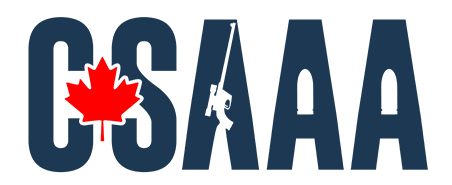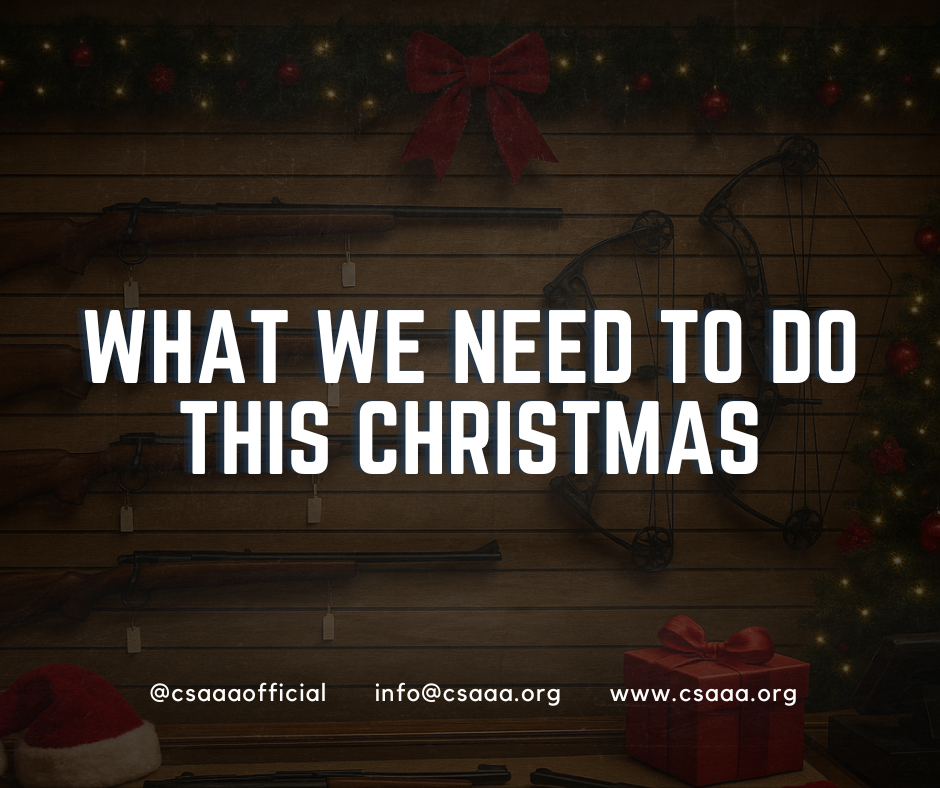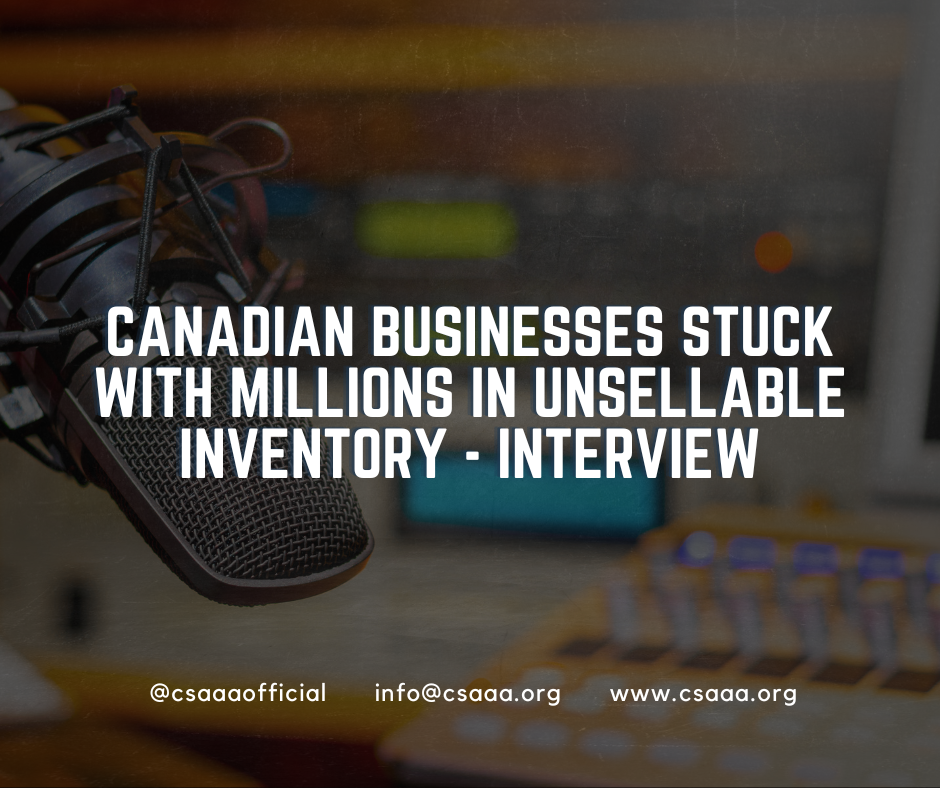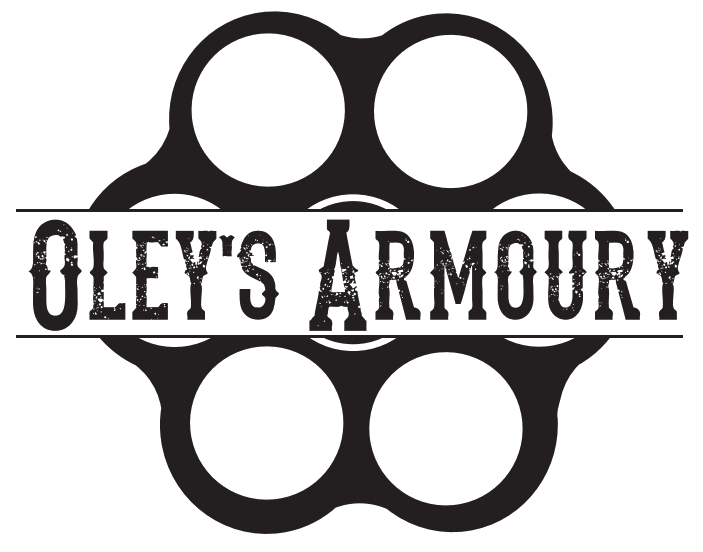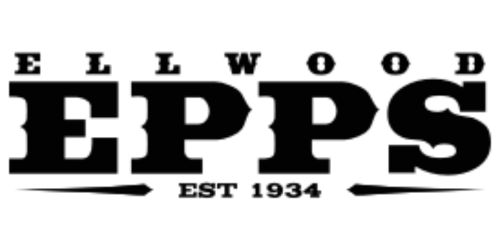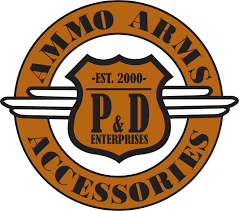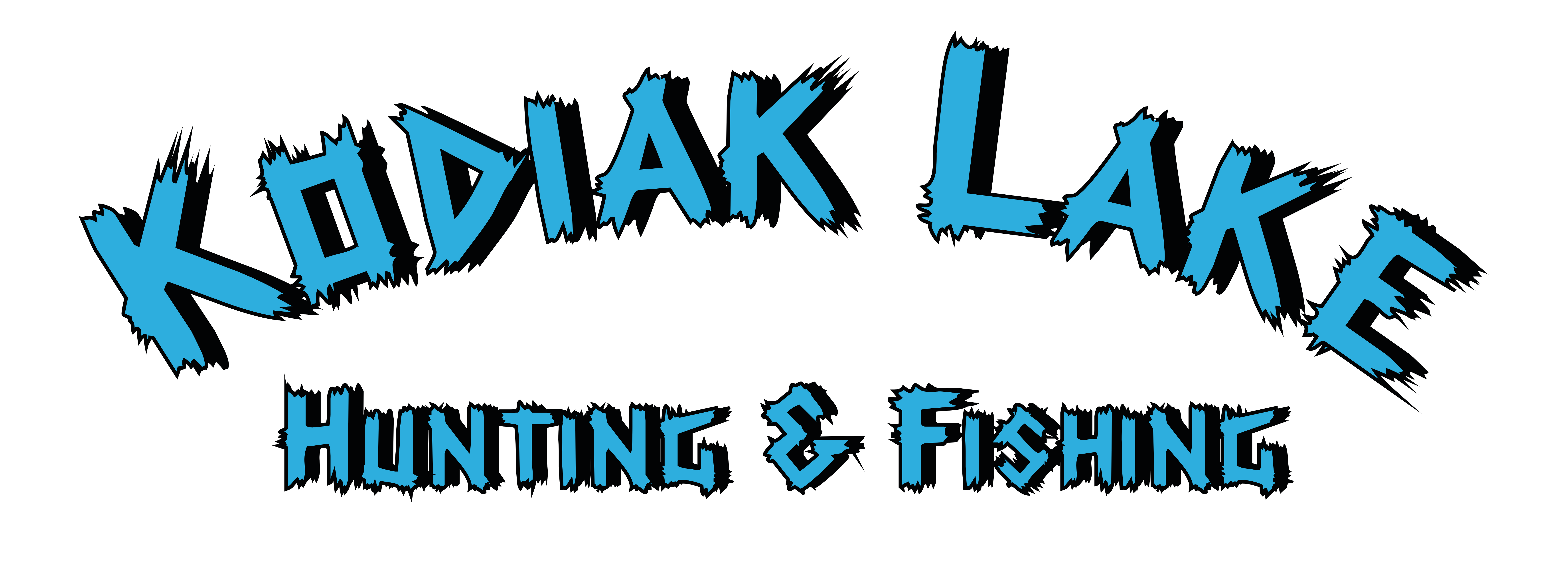New marking regulations are set to come into effect in less than 12 months if nothing is done; costs and business delays will damage the $386 Million firearms import industry in Canada, affecting thousands of small businesses.
June 23, 2016, Peterborough, Ontario – In less than 12 months, June 1st, 2017, new gun-marking regulations required for Canada to comply with United Nations Protocol against the Illicit Manufacturing of and Trafficking in Firearms, Their Parts and Components and Ammunition, or Firearms Protocol as it’s known, and the Inter-American Convention against the Illicit Manufacturing of and Trafficking in Firearms, are set to come into effect in Canada. Canada is a signatory to both treaties, but has yet to ratify either.
These new regulations will have a significant economic impact on the shooting sports industry in Canada. They would require Canadian importers to imprint the final two numbers of the year the firearms were made — “16” for 2016, for instance — and the letters “CA” for Canada on the receivers of all firearms after the firearms have been imported into the country. Importers would have only 60 days after clearing customs to have the imported firearms marked and would not be able to transfer them to Canadian retailers or individual purchasers until they have been marked.
The UN Firearms Protocol was adopted on 31 May 2001 by General Assembly Resolution 55/255 and entered into force on 3 July 2005 (UNGA, 2001c). For states that have ratified or otherwise formally expressed their consent to be bound by it, the Firearms Protocol is legally binding.
The United States, Israel, Russia, Pakistan, Iran, Afghanistan, Bahrain, Egypt, Jordan, Qatar, Syria, United Arab Emirates, and Yemen – all either significant manufacturing, importing countries or conflict areas – are not even signatories to the Protocol at all. Of the signatories, Australia, Canada, China, Germany, Japan, the UK and Northern Ireland (among others) have not ratified the Protocol. Current Status of Ratification
Under previous governments here in Canada, implementation of some of the Protocol’s regulatory requirements have been repeatedly deferred following extensive consultation with the shooting sports industry and other stakeholders and, as a result, the treaty has not been ratified. However, with no further intervention by the current government, the regulations will automatically come into force on June 1st 2017.
The Canadian Sporting Arms and Ammunition Association (CSAAA), representing Canadian sporting arms manufacturers, distributors, wholesalers and retailers, continues to oppose implementation of these regulations. We are current working on opening dialogue with the new government to provide information and background on this issue specifically. The CSAAA has formed a special UN Firearms Protocol Working Committee that is actively engaged on several fronts.
The CSAAA continues to maintain the following with respect to the UN Firearms Protocol in general and the Canadian UN Firearms Protocol regulations:
- Without the participation of the major manufacturing, importing, exporting and conflict zone countries, the premise of the Protocol is moot.
- The basic premise of the Protocol is for countries to set up strong domestic regulations governing the importation and transfer of small arms. Canada already has a strong regulatory environment governing importers, distributors, wholesalers and retailers.
- The addition of a Country Code and year of importation on a firearm does nothing to improve the ability of law enforcement to track the ownership or origin of a firearm over what is already possible with the manufacturer’s mark and serial number. All firearms imported into Canada must have a manufacturer’s identification and a unique serial number.
- The cost and logistics of marking a firearm following importation is significant and will have a detrimental effect on the sporting arms industry in Canada. The trade value of non-military firearms imports into Canada in relevant consumer categories is $386 Million CAN. That trade feeds more than 4,641 licenced firearms businesses in Canada employing thousands of Canadians. These businesses are typically private, independent small to medium size companies providing local employment in small communities.
These are just a few of the major reasons the CSAAA will continue to work on behalf of the industry to engage the Government of Canada on this issue.
Here’s what you, as a Canadian shooting sports business owner, can do to help our cause:
- Become a member of the CSAAA. The more businesses we represent, the louder our voice in Ottawa. Get your membership application here.
- Get informed. We are currently building a resource website with all the background information, progress reports, calls to action and updated news. Sign up today to receive email notifications on this issue. Sign me up.
- Talk to your Member of Parliament. Find out if he/she knows about this issue and if they would like to receive more information. We’ll be happy to work with you to have a conversation with your local MP. Find my MP.
For more information, contact:
Alison de Groot
Managing Director, CSAAA
705-875-2302
[email protected]

